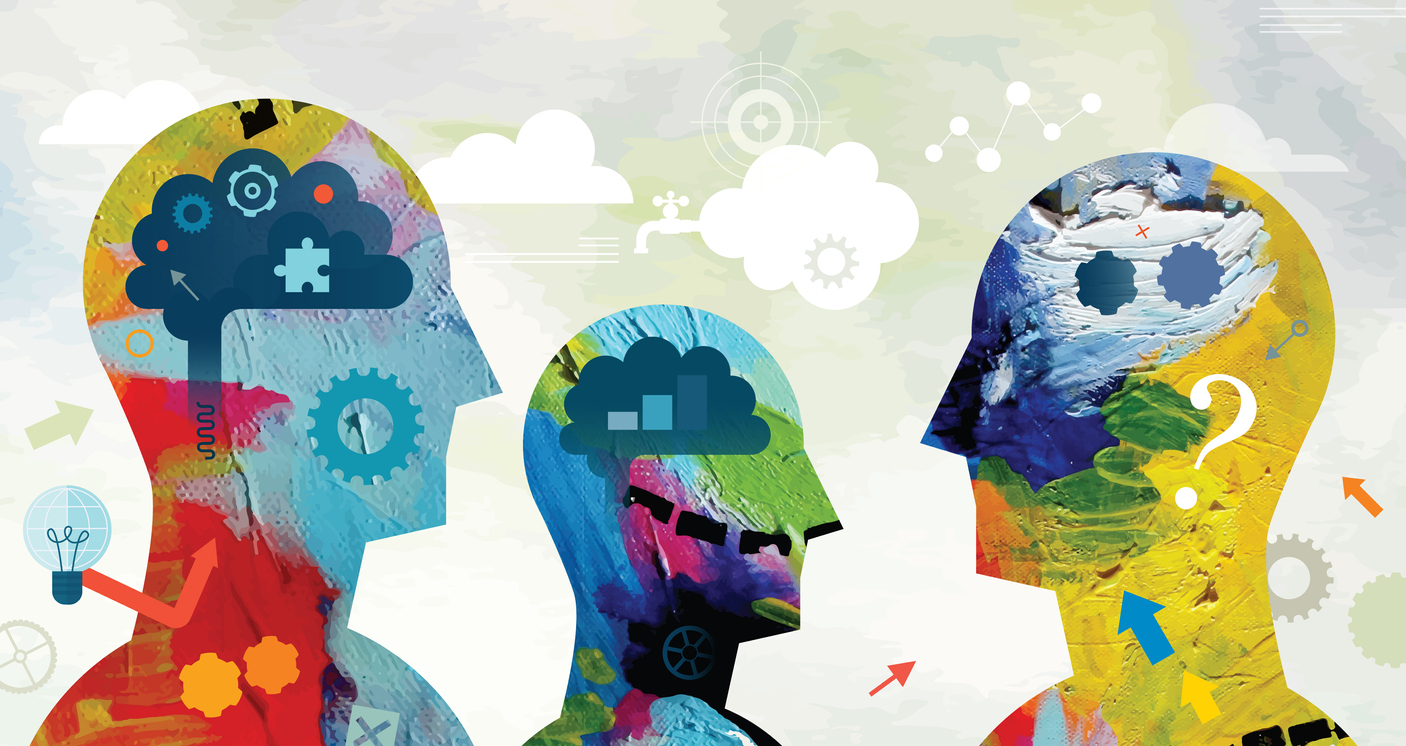Georgetown is a Co-Creator organization of The Wellbeing Project, joining Ashoka, Impact Hub, Porticus, Skoll Foundation and Synergos.
Inner Work and Outer Social Change
Our partnership with The Wellbeing Project aims to develop new lenses that foster new insight and understanding, enable empathy, and inspire more meaningful and effective social change work. Our ultimate aim is that this work enables community resilience and thriving as we enter into a time of challenges in the world around us.
The Project will have two complementary manifestations: a Global Think Tank focused on the social change sector and a Georgetown-based educational network focused on curricular innovation.

A Journey Beyond Repair: Transforming Cycles of Harm into Healing
On September 18, 2024, the Red House hosted an event at Georgetown University, bringing together participants from the fields of global health, neuroscience, environmental studies, journalism, education, visual arts, disability studies, and community psychology, among others, to share insights and experiences around how our own wellbeing can affect change on the individual, institutional, and societal levels.
Through a series of panels and interactive sessions, participants heard and shared stories of trauma and began to explore together how those cycles could be interrupted by centering inner wellbeing to inspire outer social change.
The gathering represented a milestone in the work of the Intergenerational Trauma Research and Design team. They presented a practical framework for transforming cycles of harm into healing, designed to support the work of changemakers across fields to affect positive social change.
Global Think Tank
Research-informed Lenses on the Field of Social Change: Beyond informing curricular innovation inside the Georgetown University community, our partnership extends to support the development of a global think tank powered by thought leaders from within Georgetown and around the world, alongside others from The Wellbeing Project’s global network. The primary activity of this think-tank will be to develop new systemic lenses for social change informed by connecting the inner and the outer. Rooted in the research literature, and shaped by interdisciplinary and cross-sector global perspectives, we will focus on lenses that are transformative and that help reshape orientations and profoundly empower the kind of extraordinary social change that we need in this generation.
The Think Tank’s work will be global, will honor the voices of those who have already been engaged in these areas for a long time, and will actively seek to converge with the Wellbeing Project’s emphasis on Art and Culture. Our initial two focus areas are Intergenerational Trauma and Ecological Belonging. For the latter, the Earth Commons, Georgetown's Institute for Environmental Sustainability will be the key academic partner.
Goals for the Think Tank:
The output of the Being and Transforming Think Tank will initially focus on the publication of a “meta-research paper” that has three respective forms, seeking to have impact on three connected and reinforcing communities:
- The academic research community: A peer reviewed essay on the new lenses connecting inner and outer work, with specific inquiries into the themes, initially, of intergenerational trauma and ecological belonging.
- The social change sector: A translational piece, communicating how these new lenses may make a difference in the social change context.
- The higher education community: One or more publications speaking to educators on the educational implications of this work for cultivating the next generation of changemakers.
Georgetown Campus Innovation Projects
Research-informed Educational Innovation: As part of Georgetown’s partnership with The Wellbeing Project, The Red House will work with Georgetown faculty, staff and students to engage in inquiry and design around inner work, wellbeing and ethically-focused education toward a social change orientation. This work asks how a new paradigm of transformative education might fundamentally infuse an entire curriculum, such that the relationship between inner wellbeing and the cultivation of the mindsets and skillsets of effective changemakers are inextricably connected. Our on-campus partners bring experience and insight from diverse fields including sustainability and environmental education, flourishing and wellbeing, equity and inclusion, racial justice, entrepreneurial leadership, social innovation, and social justice.
Goals for the Campus Collaboration:
This initiative is an opportunity to strengthen the impact of many ongoing and emerging efforts throughout Georgetown’s curriculum and co-curriculum which contribute to a transformative education. Broad goals for this collaboration include:
- Make a visible cross-campus research program that puts Georgetown at the frontier of education innovation on inner and outer work as a framework for changemaking;
- Develop and/or adapt cutting-edge learning frameworks, instruments, and practices that will inform and sustain long-term educational transformation; and
- Drive impact at all levels of the curriculum, including new majors and degrees. The first full-scale pilot will be with Georgetown’s Earth Commons' new degree in Environment and Sustainability.

A Community Effort
At Georgetown, the Red House will convene faculty, staff, and leaders of campus units to explore the potential for an interdisciplinary research program that can, in turn, inform new and continuing learning designs. First and foremost, the collective work builds on and galvanizes already existing efforts throughout the campus that are already focused in one form or another on the relationship of inner work and wellbeing to sustaining the work of changemaking. Many campus efforts are already central to the topic of inner and outer work. We will engage campus partners in one or more dimensions of the work, focusing on student well-being, student engagement with social change, or topical intersections through the themes, such as intergenerational trauma and ecological belonging.





